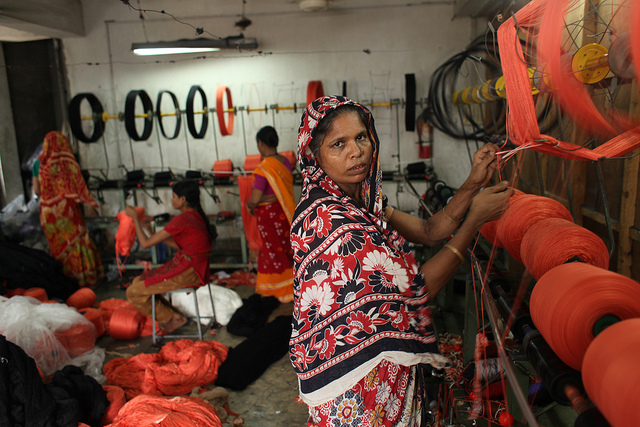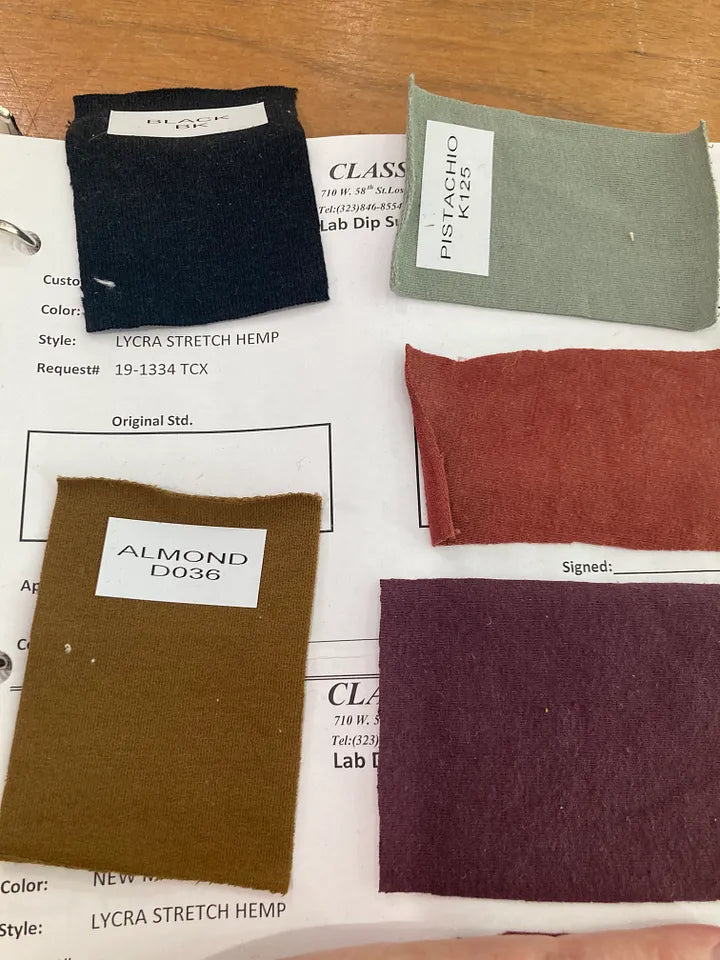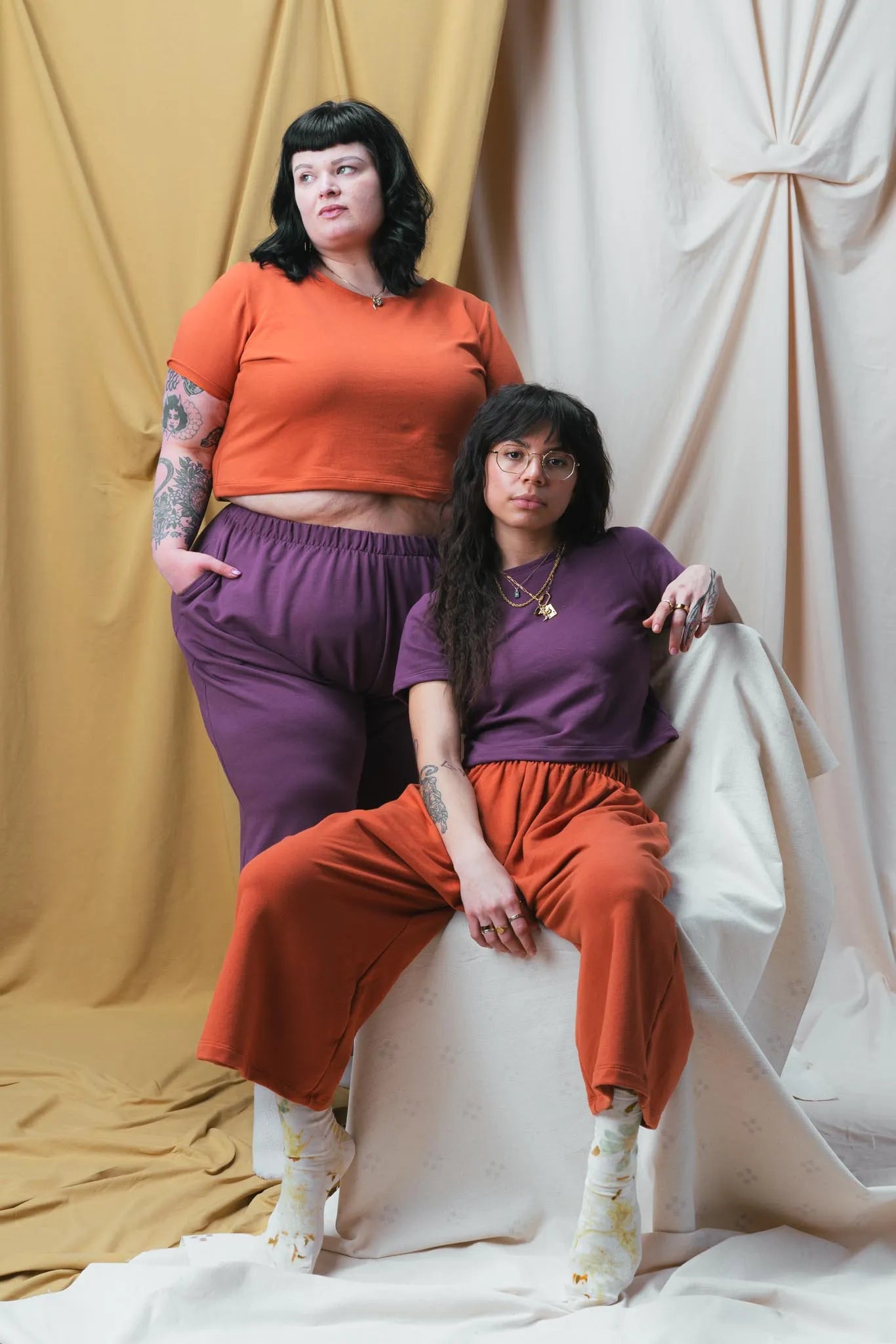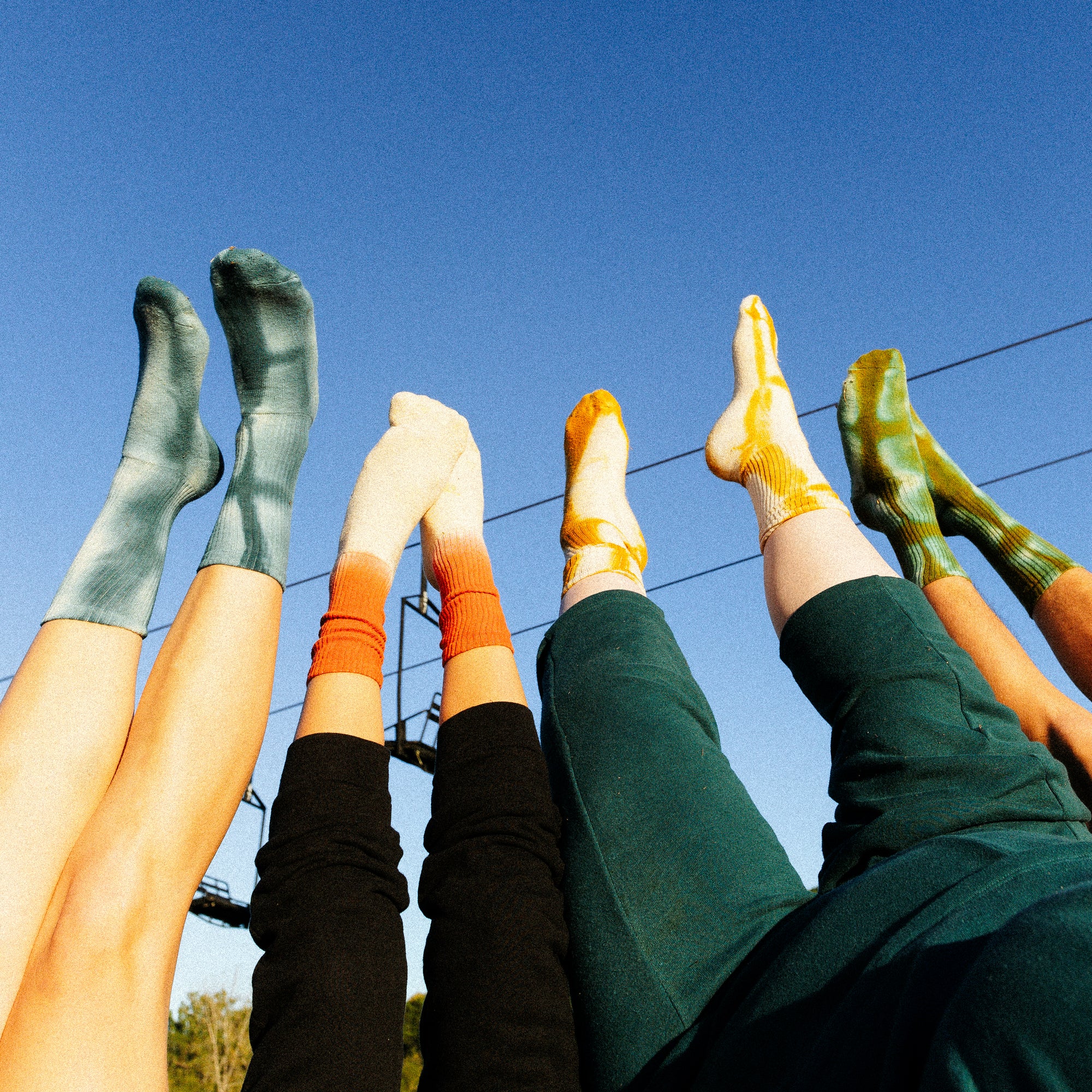by Joshua Newman
Fashion Revolution week brought a flurry of debate and discussion about the state of fashion, its processes, and its purpose. Fashion is a key player in the global economy, and staying informed about the global economy helps to make informed purchasing choices. The issues of labor exploitation reach far beyond fashion. Manufacturing jobs have been steadily leaving the US as wages rise, and they’re going wherever businesses can get away with paying as little as possible. As we move into May, International Workers’ Day couldn’t be more appropriate following the call to action of Fashion Revolution.
Products are designed to cost as little as possible to make, but sell for as much as consumers are willing to spend, often more. Society has a skewed view of physical labor that demeans its worth. In reality, physical labor is the primary skill of a large number of people and they need to be able to live off of their ability just to do work. Our hands are valuable resources and we should be able to capitalize on them in this economy, and so should everyone else. However, an enormous number of people across the world have the motivation to learn and work and are told that somehow, for some reason their hands are worth less than ours.
With a slow rise in corporate transparency, the vulgar effects of cheap production are no longer swept under the rug, but are still largely swept out of mind. It’s difficult to empathize with an individual on the other side of the planet, to envision their life and imagine their feelings, to understand that they’re the exact same kind of unique individual that you are. It’s easier to see a $4 shirt in a store, know human hands were involved in making it, and wonder how $4 pays them for their work, the shipper for the shipment, the designer for the idea, the office manager for writing emails to the supplier, the supplier for making the fabric, and the rest of the supply chain to get the product right in front of you.
"Society has a skewed view of physical labor that demeans its worth."
New York’s Triangle Shirtwaist factory tragedy in 1911 saw a massive fire kill 146 workers who had been locked inside the factory during working hours. The Haymarket Affair in Chicago in 1886 saw a labor demonstration turn violent as a bomb killed 4 protestors and 7 police and resulted in over 100 arrests. These events were the direct result of labor issues at the forefront of America’s collective mind during a time when the Industrial Revolution had been driving large-scale mass production.
In the late 19th century, this awareness led to systemic change that resulted in workers’ unions, workers’ rights and protections, minimum wages and working hours caps. People began to consider things like living wages, reasonable work expectations, and labor ethics. Ethics, however, is different from culture to culture and person to person. One can’t develop and standardize a system for labor ethics based on a quality that can’t be conclusively defined.
However, the issues have shifted from present-day view, only to land on foreign shores and drive market prices down. Many countries where production labor is king are viewed as “poor” countries. It’s not because the people aren’t working, it’s because a vast majority of Americans and Europeans who enjoy cheap products want to keep enjoying cheap products. For this to happen, there has to be cheap labor, and for their to be cheap labor, we just have to pay them next to nothing.
"It’s difficult to empathize with an individual on the other side of the planet, to envision their life and imagine their feelings, to understand that they’re the exact same kind of unique individual that you are."
It’s not that we couldn’t pay more for things, it’s that we don’t want to. We exist in a culture that constantly convinces us what we have is old and outdated and what we need is new and in stock. Buying new things all the time is expensive so the cheaper, the better. Cheaper for us is worse for everyone else. The people who work these factory jobs still have families to feed, clothe, and house. They don’t have the money for new clothes, hobbies, or drinks with a friend.
While fashion isn’t the only industry to struggle with workers’ rights, it’s slowly become one of the most impactful. Fashion’s role in our lives intimately keeps us in tune with culture and society. Fashion isn’t a product, it’s an extension of our bodies, our “chosen skin.” Fashion is what we use to represent us and it reflects our experience. The human experience is what binds us all together, and we should do whatever possible to make everyones’ collective experience the best it can be. Businesses that strive to do things differently are the cornerstone of what makes capitalism a valuable economic system. These new ideas and solutions are what will ultimately drive us forward.
Every purchase is an investment not only in the use of the product, but everything that went into making it, even if it’s a seemingly small amount like $1.20 for toilet paper or $4 for a shirt. Ultimately, it’s not the individual purchase that’s going to affect any kind of change, but change always starts small, so start with your own purchase and then help your friends and family understand the importance of buying ethically-made products. Eventually, revenue will shift, business will take notice, and changes will result. All of us at Conscious Clothing challenge ourselves not just as a business to produce something that’s better, but as individuals to invest in a positive present (and future) for everyone, and to spread mindful consumer culture to those around us. Purchase better, feel better, live better.











